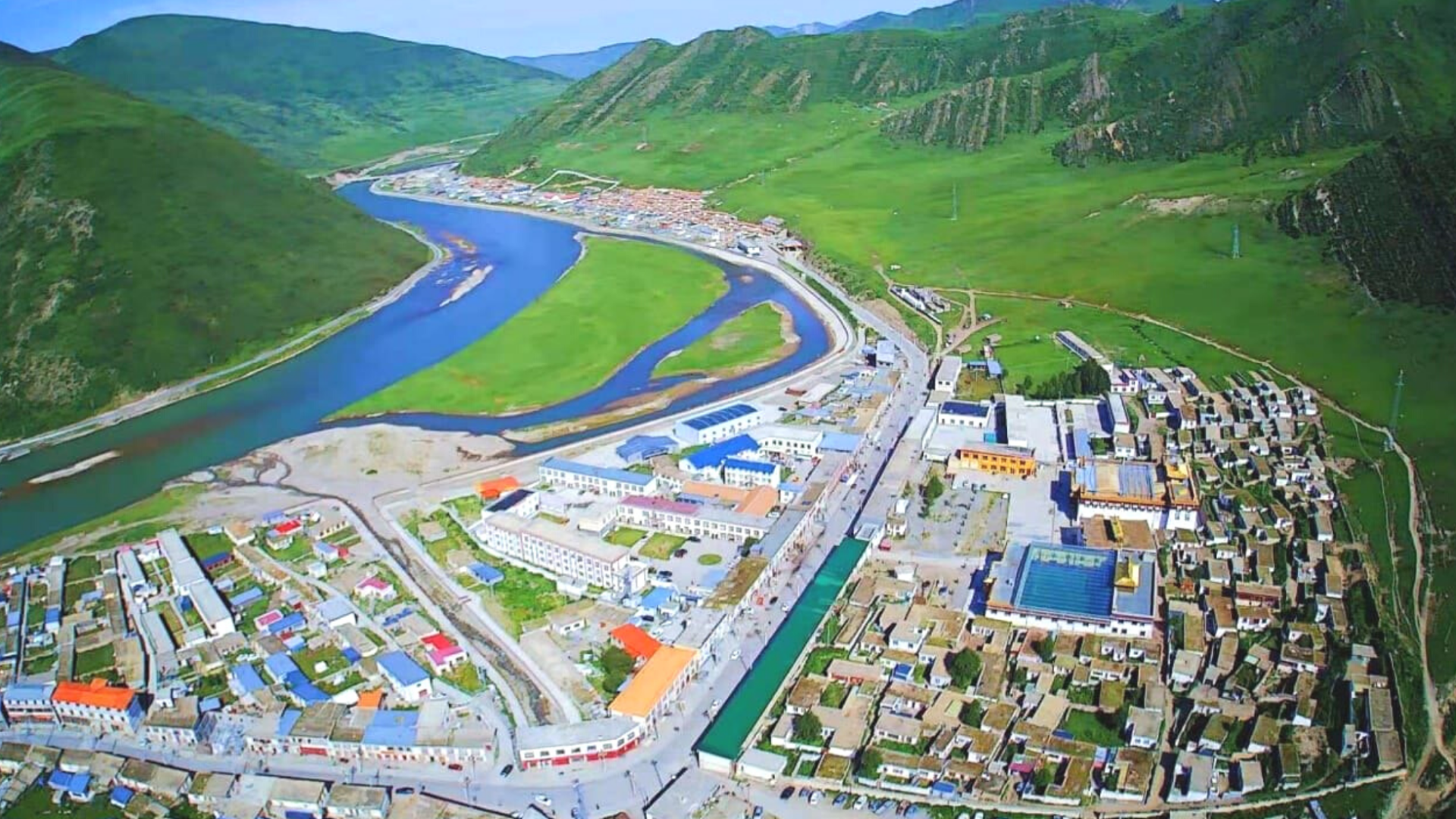
Further 53 Tibetans Detained Amid Continuing Military Crackdown
Around 100 Tibetans from Dza Wonpo detained within a week of military and police search operation
After the recent detention of more than 50 Tibetans in Dza Wonpo between 21 to 25 August, Free Tibet’s research partner Tibet Watch can confirm that a further 53 Tibetans were arrested between 25 and 30 August amid the continued crackdown by military and police authorities.
As with the earlier arrests, these latest arrests and detentions in Dza Wonpo have targeted residents who are under suspicion of keeping images of the Dalai Lama and keeping in contact with Tibetans in exile.
A local source has stated that three of those detained, a layman, a woman, and a monk, were released on 31 August, while the remaining 50 detainees will be kept in custody for a month.
The mass arrests follow a People’s Meeting that was held by local Chinese Communist Party (CCP) officials on 25 August. Everyone aged above 18 was summoned to the meeting and ordered to comply with a five-point list of regulations. Dza Wonpo was put under military lockdown and each household was searched by security personnel along with armed forces and placed under surveillance.
The same source confided that “a search operation in the monastery and village [to track and trace Tibetans with contacts in exile and images of the Dalai Lama on one’s phone] is still underway. From 31 August, groups of 20 monks at a time have been summoned for interrogation sessions and forced to assure the police that they will not indulge in activities like contacting Tibetans outside Tibet, that they abide by laws of the country, and that they will not spread any sensitive information on social media”.
Chinese authorities have appointed two monks of the Monastic Management Committee at Dza Wonpo Monastery to oversee the movement of monks and monitor those who refuse to participate in and cooperate with the official programs and search operations.
In addition to surveillance cameras that sources described as having been installed in every corner of the monastery and the villages, and the massive deployment of armed forces in and around both the monastery and Dza Wonpo Town, the Chinese authorities have recruited civilian spies from both the monastery and villages to report the movement and activities of local Tibetans and monks. The anonymous source expressed the growing climate of fear even amongst Tibetans as a result of fear of internal informants. Under such an atmosphere of military lockdown, surveillance of communication on people and phones, sending information or even talking with people is viewed with suspicion.
Life for Tibetans in Dza Wonpo Town has been worsening since November 2019, following a protest by six young Tibetans calling for Tibet’s independence. Prior to their protest, Chinese officials touring the region had ordered local Tibetans to praise China and the Chinese Communist Party. Residents praising the CCP are usually filmed and shared by official news outlets as evidence of happy and prosperous Tibetans in occupied Tibet while portraying the Dalai Lama as a separatist and framing decades of human rights violations documented by Tibetans in exile as false accusations.
The search operations and crackdowns that began in August are a continuation of the intense crackdown in March 2021 following the death in detention of 19-year-old Tenzin Nyima two months earlier. During the search operations in March, local Tibetans were warned that anyone in possession of photos of the Dalai Lama would face similar criminal charges to keeping illegal weapons like guns. Sources reported that the villagers were forced to sign a letter stating that they would not keep photos of the Dalai Lama and the violation of the order would be punished with the withdrawal of their “poverty alleviation state-aid”. The authorities also mandated a compulsory installation of software in everyone’s mobile phones under the pretext of personal security, but local Tibetans later learnt that the software was used to conduct surveillance by tracking their online activities and as well as geolocation when their phones are not connected to the Internet.
Information supplied by Tibet Watch

